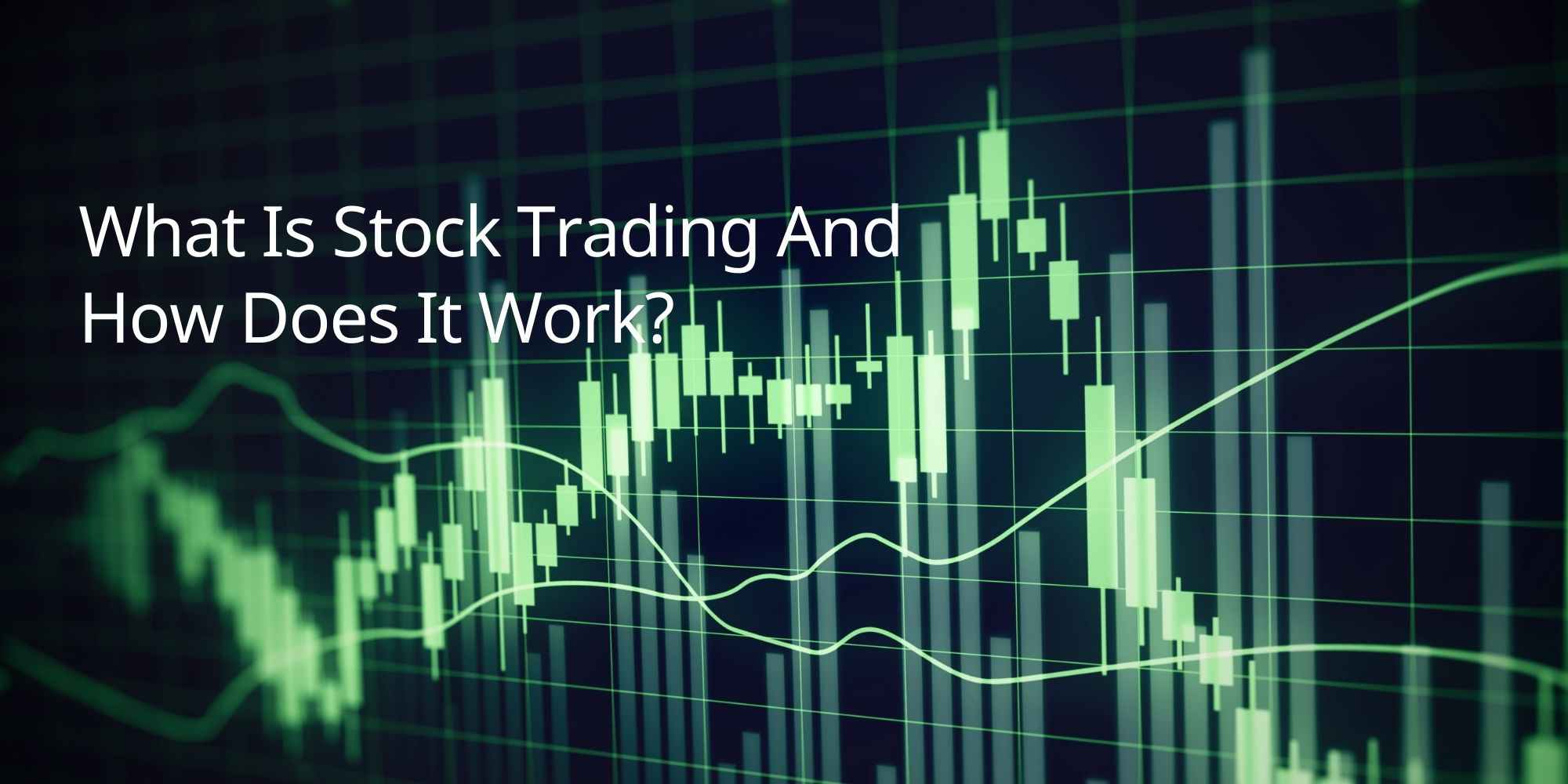Introduction
Commission fees are a critical factor for traders when selecting a broker and crafting a cost-efficient trading strategy. These fees—charged by brokers for executing trades—can vary based on the asset type, the broker’s pricing model, and your trading volume.
This guide from TradeSmart breaks down the concept of commission in detail. You’ll learn:
- How commissions work and how they’re calculated
- The different commission models across trading instruments (CFDs, stocks, forex)
- How commissions affect your overall trading costs
- Tips for minimising fees and improving trading efficiency
By understanding commission structures, you can make smarter broker choices and develop strategies that protect your bottom line.
What is a Commission?
A commission is a fee that you pay to a broker for executing a trade on your behalf. It’s essentially the cost of using a broker’s services to buy or sell a financial instrument, such as a stock, bond, or currency pair.
How Commissions Work
Commissions can be structured in different ways:
- Flat-Fee Commissions: The broker charges a fixed amount per trade, regardless of the size or value of the trade.
- Example: A broker might charge $5 per trade, whether you buy 100 shares or 1,000 shares.
- Per-Share Commissions: The broker charges a fee for each share traded.
- Example: A broker might charge $0.01 per share. If you buy 1,000 shares, your commission would be $10.
- Percentage-Based Commissions: The broker charges a percentage of the total value of the trade.
- Example: A broker might charge 0.1% of the trade value. If you buy $10,000 worth of stock, your commission would be $10.
- Tiered Commissions: Some brokers offer tiered commission rates, where the commission you pay decreases as your trading volume increases.
Choosing the Right Commission Structure
The best commission structure for you will depend on your trading style and frequency.
- High-Frequency Traders: If you make many trades, a per-share or percentage-based commission might be more cost-effective.
- Occasional Traders: If you make only a few trades, a flat-fee commission might be more suitable.
Why Commissions Matter
Understanding commissions is crucial for traders because:
- Trading Costs: Commissions are a direct cost of trading and can impact your overall profitability.
- Broker Comparison: Comparing commission structures between different brokers can help you find the most cost-effective option for your trading needs.
What is Commission-Fee Trading in CFDs, Stocks and Forex?
Commission-fee trading entails paying specific fees to brokers for executing trades in Contracts for Difference (CFDs), Stocks, and Forex. Understanding the commission structures for each instrument is crucial for optimizing trading costs.
CFDs (Contracts for Difference):
- Brokers might charge a percentage of the trade value (e.g., 0.1% per trade) or a flat fee per trade (e.g., $5 per trade).
- Some brokers include commissions within the spread.
Stocks:
- Brokers might charge a flat fee per trade (e.g., $4.95 per trade) or a per-share commission (e.g., $0.01 per share).
- Some brokers offer tiered commissions, where the fee decreases as your trading volume increases.
Forex:
- Commissions are often built into the spread, so you don’t see a separate commission charge.
- Some brokers might offer a choice between tighter spreads with a commission per lot traded or wider spreads with no commission.
| Instrument | Commission Type | Typical Fee Structure |
| CFDs | Percentage or Flat Fee | 0.1% per trade or $5 per transaction |
| Stocks | Flat Fee or Per-Share | $4.95 per trade or $0.01 per share |
| Forex | Spread-Based or Per Lot | 1 pip spread or $3 per lot |
By analyzing commission structures across CFDs, Stocks, and Forex, you can select the most cost-effective model that aligns with your trading frequency and volume, thereby enhancing your overall trading efficiency.
Conclusion
Knowing how commission fees work—and choosing a broker with a transparent, competitive fee structure—can significantly impact your trading profitability. Minimising costs is key to long-term success, especially for high-frequency traders.
At TradeSmart, we offer:
- Competitive commissions with no hidden charges
- Transparent pricing tailored to your account type
- A cost-effective trading environment across all major asset classes
Ready to start trading with a broker that prioritises your success?
- Open a TradeSmart account today and explore our flexible account options
- Access a wide range of trading instruments with clear and fair commission models
- Experience a professional platform built for both beginner and advanced traders
Visit TradeSmart.com now and take the next step in your trading journey.





